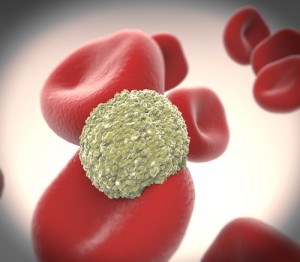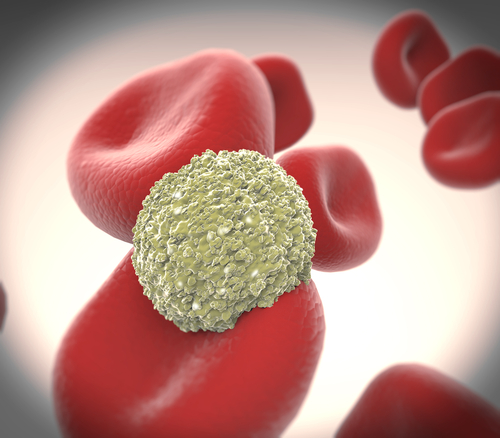 A recent study lead by Emma Allott from Duke University Medical School in Durham, North Carolina and published in Cancer Epidemiology, Biomarkers & Prevention suggests that high triglyceride levels are connected with biochemical recurrence of prostate cancer.
A recent study lead by Emma Allott from Duke University Medical School in Durham, North Carolina and published in Cancer Epidemiology, Biomarkers & Prevention suggests that high triglyceride levels are connected with biochemical recurrence of prostate cancer.
Data shows that, among men who had surgery for prostate cancer, those with high levels of triglyceride before surgery were 35 percent more likely to show evidences of a cancer recurrence than man with normal preoperative levels.
According toElizabeth Platz, an epidemiologist and cancer student at the Johns Hopkins Bloomberg School of Public Health in Baltimore, Maryland, who was not involved in this study, this scenario reinforces the importance of maintaining a healthy and balanced lifestyle.
“We all need to think about modifying behaviors that promote well being in general – not smoking, reducing obesity, increasing physical activity while decreasing sedentary time,” she said in a Reuters press release.
Researchers focused on men who were not taking statins (a class of drugs that helps to reduce cholesterol levels) before their prostatectomy; the study enrolled six Veterans Affairs hospitals in California, Georgia and North Carolina.
After the prostate cancer treatment, 293 of the 843 men had a higher level of prostate-specific antigen (PSA). Researchers thought they were more likely to find a higher cancer recurrence in men with high levels of cholesterol before surgery, however the results proved differently.
They found that high triglyceride levels raised recurrence risk for all patients. However, when scientists looked only at the 325 men with abnormal high preoperative levels of cholesterol, they saw that the recurrence risk increased 9 percent for each 10 mg/dL in total cholesterol above the abnormal cutoff of 200 mg/dL.
Further, they observed that among men with abnormal levels of HDL cholesterol (that is, below the desired level of 40 mg/dL), every extra 10 mg/dL of HDL decreased the risk of recurrence by 39 percent.
Emma Allott, leading author, explained in the press release, “Our findings suggest that controlling lipid levels is not only important for cardiovascular disease but also may have a role in prostate cancer”.
Although the study does not prove that cholesterol and triglycerides caused the recurrence of prostate cancer and more studies are required, these conclusions show that lipid levels might have tight connection with prostate cancer recurrence.

